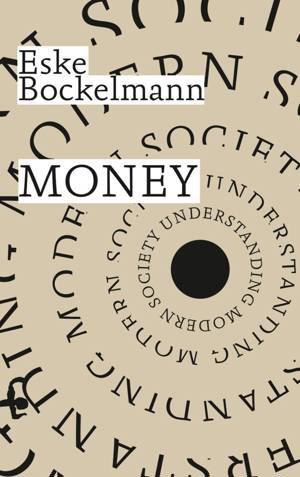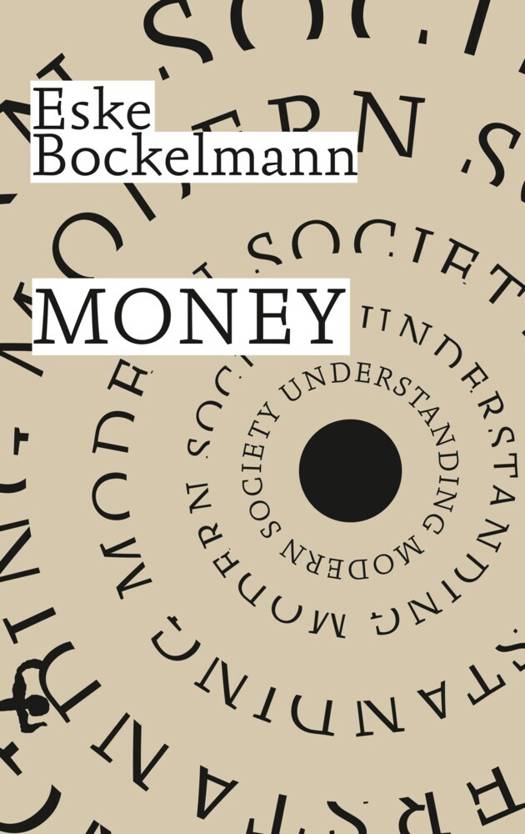
- Retrait gratuit dans votre magasin Club
- 7.000.000 titres dans notre catalogue
- Payer en toute sécurité
- Toujours un magasin près de chez vous
- Retrait gratuit dans votre magasin Club
- 7.000.0000 titres dans notre catalogue
- Payer en toute sécurité
- Toujours un magasin près de chez vous
Description
Money rules the world, and the world it rules threatens to end in disaster - socially and ecologically. But why does money determine the course of the world at all? Why is it so dominant that even the most powerful governments stand at attention before it and we can hardly imagine that it could ever have been otherwise? In his grandiose description of how money came into the world, Eske Bockelmann shows, contrary to current beliefs, that this special medium of exchange only became established in Europe in the late Middle Ages - even though markets and coins may have existed before then. With an unusually precise look at the history and ethnology of economic activity, he works out the differences to pre-monetary communities and their social cohesion without money and illuminates the establishment of the market economy in the free cities of the later Middle Ages up to the bursting of the first financial bubble. And with this derivation of money, he finally succeeds in solving the seemingly eternal riddle: what money actually is - and how it relates to value and capital, speculation and crisis, state and society. His brilliantly written study is revolutionary, even beyond Marx: precisely by providing us with a new, deeper understanding of the constraints and omnipotence of money, it opens up a perspective on a future world in which money could be a thing of the past.
Spécifications
Parties prenantes
- Auteur(s) :
- Traducteur(s):
- Editeur:
Contenu
- Nombre de pages :
- 368
- Langue:
- Allemand
Caractéristiques
- EAN:
- 9783751864077
- Format:
- Livre broché
- Dimensions :
- 135 mm x 25 mm
- Poids :
- 481 g

Les avis
Nous publions uniquement les avis qui respectent les conditions requises. Consultez nos conditions pour les avis.






